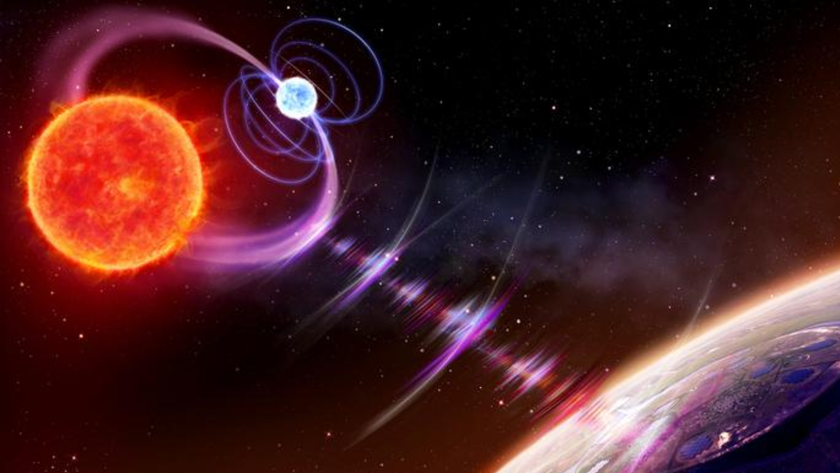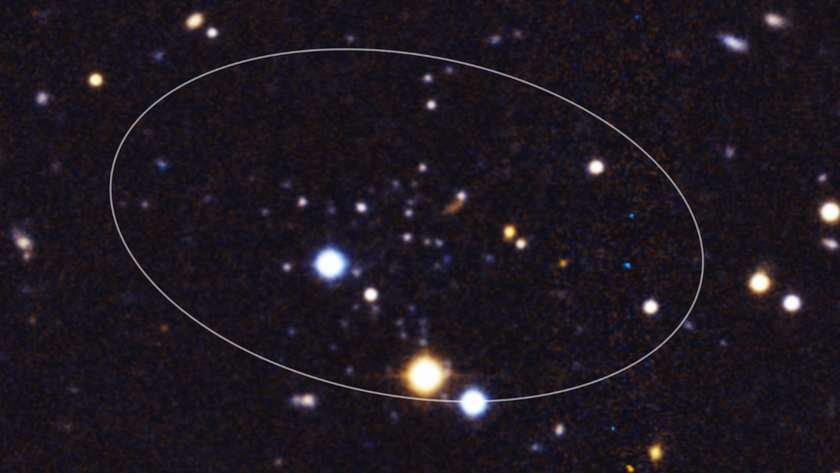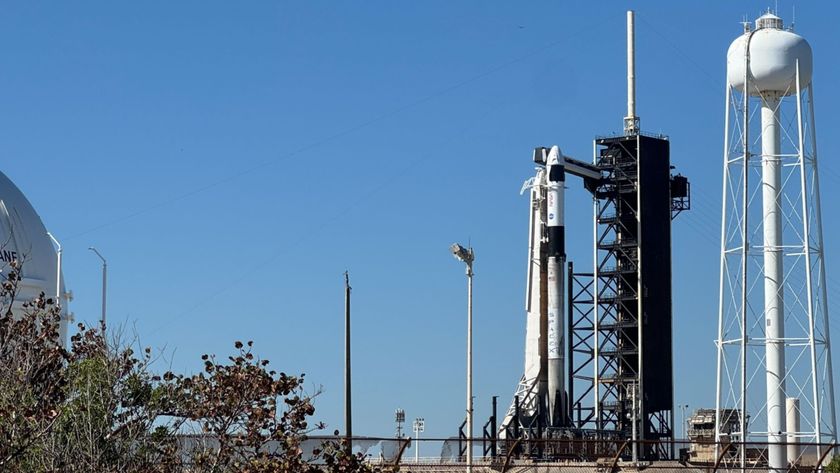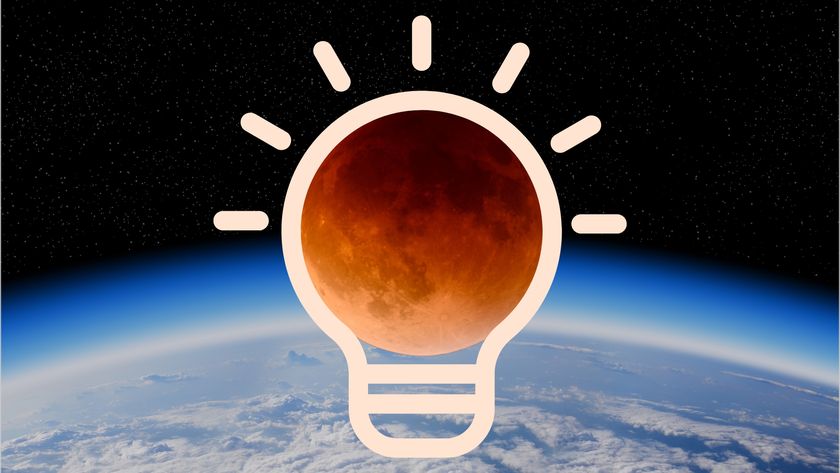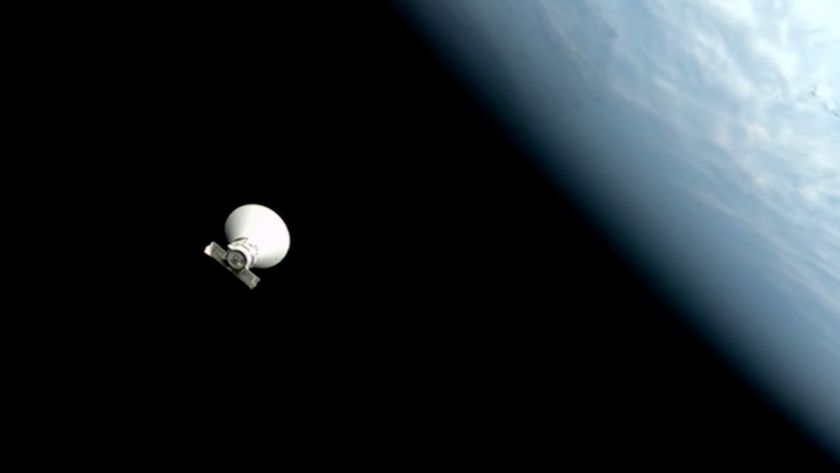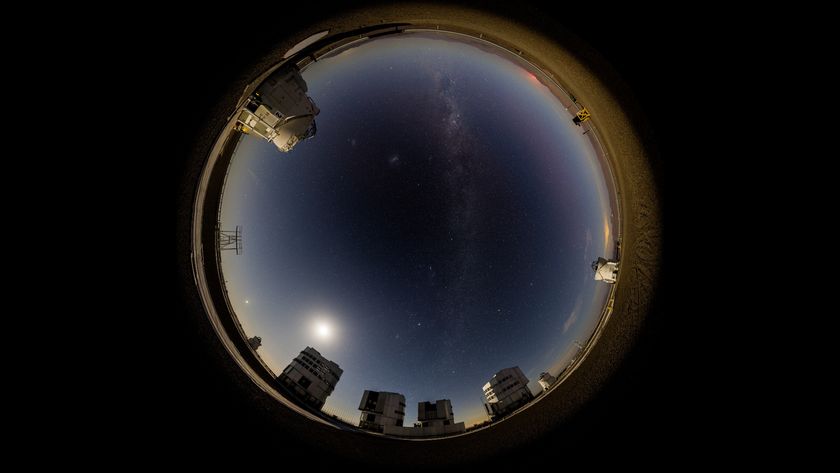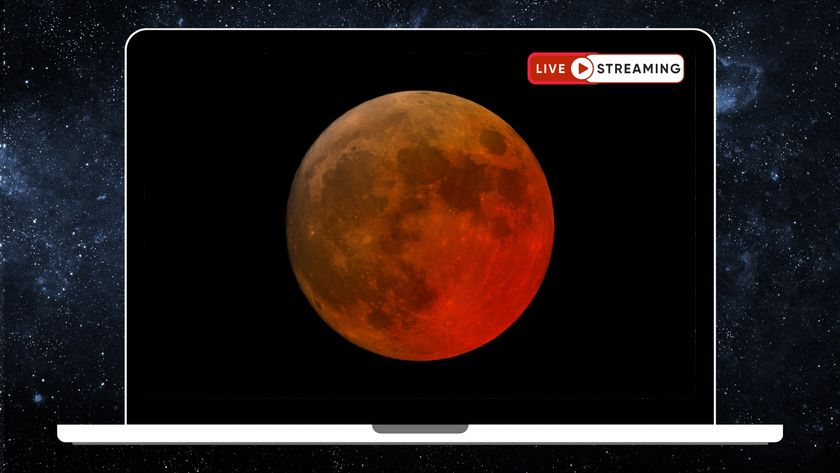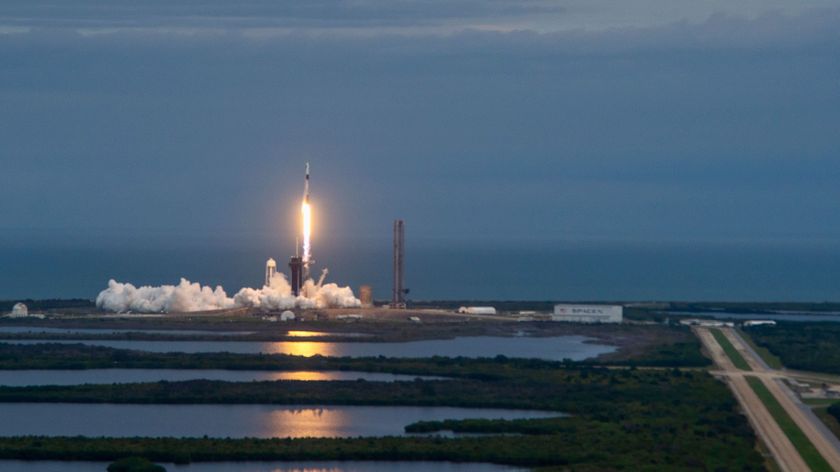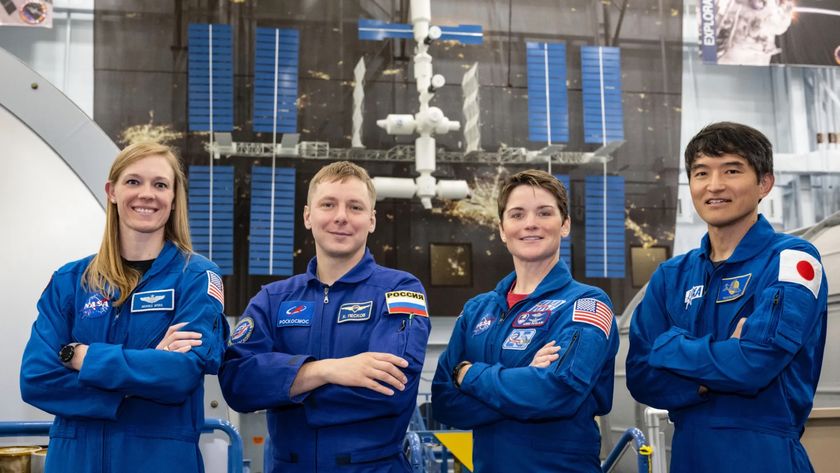Moon Water Most Likely Originated From Comets
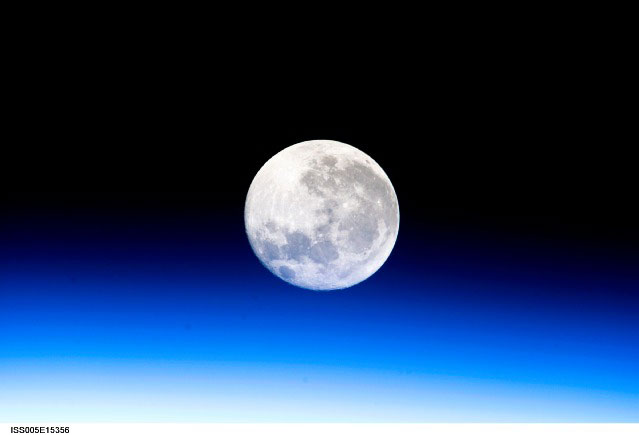
Water on the moon most likely came from comets that pelted the lunar surface after its formation, a new study suggests.
This moon water, samples of which were found in lunar rock samples collected during NASA's Apollo missions, is different from water found on Earth, researchers said. Instead, it has the same properties as three known comets, they added.
"If comets delivered the majority of water to the moon, an inescapable result is that the Earth also received a large cometary input to its oceans," said study leader James Greenwood, a professor in the department of Earth and Environmental Sciences at Wesleyan University in Middletown, Conn. "This may end up solving one of the great questions of our field, namely the origins of the Earth's oceans."
Greenwood said he and his team analyzed the chemical properties of water in lunar rock samples collected by NASA astronauts during the Apollo 11, 12, 14, and 17 missions that landed on the moon between 1969 and 1972. NASA also sent two other missions to the moon during that time, the Apollo 15 and 16 flights.
Like nothing on Earth
The researchers found that the geochemical signals of water in lunar minerals such as apatite had a ratio of the compounds deuterium and hydrogen that are unique from those in water typically found on Earth.
"The values of deuterium/hydrogen (D/H) that we measure in apatite in the Apollo rock samples is clearly distinguishable from water from the Earth, mitigating against this being some sort of contamination on Earth," Greenwood told SPACE.com in an e-mail interview.
Get the Space.com Newsletter
Breaking space news, the latest updates on rocket launches, skywatching events and more!
Not only is the geochemical signature of the moon water sample Greenwood's team studied different from Earth water, it also stands apart from other known reservoirs with deuterium/hydrogen ratios as well.
"Only comets and a few meteorites have D/H values that are similar," Greenwood said.
The research is detailed in the Jan. 9 online edition of the journal Nature Geoscience.
Water, water everywhere
In the rock samples studied, Greenwood and his colleagues discovered that the chemical properties of the lunar water were similar to those that had been measured in three comets: Hyakutake, Hale-Bopp and Halley.
On Earth, water from the planet's interior mantle has similar chemical properties as water that is found in the majority of meteorites. This suggests that the chemical composition of the ancient proto-Earth mantle is comparable to the composition of planet's mantle as it is today.
On the other hand, the moon is thought to have been formed as a result of a catastrophic impact, in which a Mars-sized body slammed into Earth, ejecting material that eventually coalesced to become the moon.
The deuterium and hydrogen content in lunar water may have formed during this impact, and if so, the chemical makeup should be more or less homogenous on the moon. But, the researchers found differences in the water signature levels of the lunar highland samples and lunar mare samples.
This could mean that the moon water measured from various samples came from different reservoirs, and furthermore, that the water from cometary impacts after lunar formation may account for the difference, Greenwood said.
"We have just scratched the surface here, and there are many more moon rocks to study as a result of the Apollo program," Greenwood said. The first step, he added, is to continue to analyze a range of lunar samples to measure their water content and deuterium/hydrogen signature to fully understand this important, new reservoir of solar system water.
The results also have implications for studies of water much closer to home – these new findings could help scientists understand the origins of water on Earth, Greenwood said.
"We don't know why the Earth's oceans have an elevated D/H relative to the Earth's mantle water. A significant cometary input would explain it," he added.
You can follow SPACE.com Staff Writer Denise Chow on Twitter @denisechow.
Join our Space Forums to keep talking space on the latest missions, night sky and more! And if you have a news tip, correction or comment, let us know at: community@space.com.

Denise Chow is a former Space.com staff writer who then worked as assistant managing editor at Live Science before moving to NBC News as a science reporter, where she focuses on general science and climate change. She spent two years with Space.com, writing about rocket launches and covering NASA's final three space shuttle missions, before joining the Live Science team in 2013. A Canadian transplant, Denise has a bachelor's degree from the University of Toronto, and a master's degree in journalism from New York University. At NBC News, Denise covers general science and climate change.
